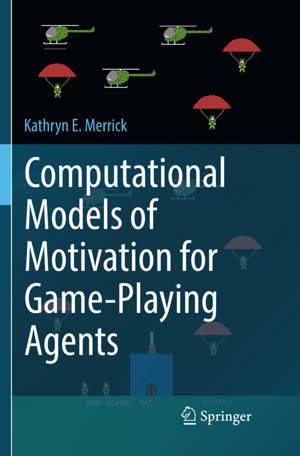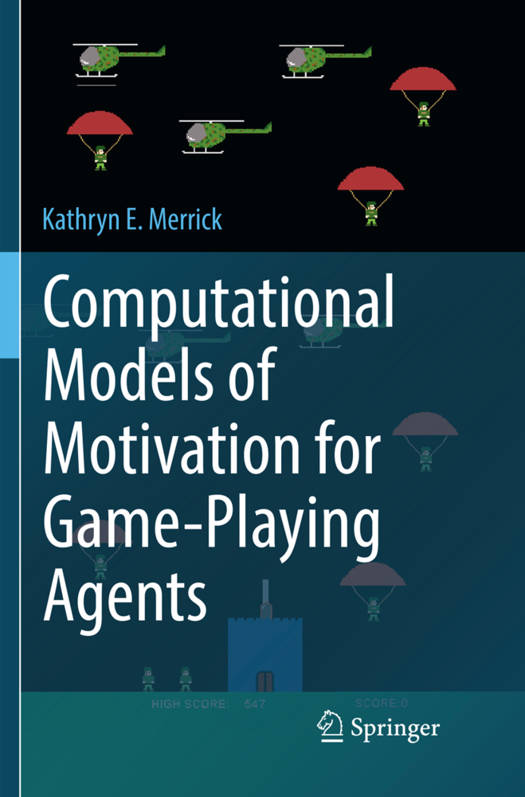
- Afhalen na 1 uur in een winkel met voorraad
- Gratis thuislevering in België vanaf € 30
- Ruim aanbod met 7 miljoen producten
- Afhalen na 1 uur in een winkel met voorraad
- Gratis thuislevering in België vanaf € 30
- Ruim aanbod met 7 miljoen producten
Omschrijving
The focus of this book is on three influential cognitive motives: achievement, affiliation, and power motivation. Incentive-based theories of achievement, affiliation and power motivation are the basis for competence-seeking behaviour, relationship-building, leadership, and resource-controlling behaviour in humans. In this book we show how these motives can be modelled and embedded in artificial agents to achieve behavioural diversity. Theoretical issues are addressed for representing and embedding computational models of motivation in rule-based agents, learning agents, crowds and evolution of motivated agents. Practical issues are addressed for defining games, mini-games or in-game scenarios for virtual worlds in which computer-controlled, motivated agents can participate alongside human players.
The book is structured into four parts: game playing in virtual worlds by humans and agents; comparing human and artificial motives; game scenarios for motivated agents; and evolution and the future of motivated game-playing agents. It will provide game programmers, and those with an interest in artificial intelligence, with the knowledge required to develop diverse, believable game-playing agents for virtual worlds.
Specificaties
Betrokkenen
- Auteur(s):
- Uitgeverij:
Inhoud
- Aantal bladzijden:
- 213
- Taal:
- Engels
Eigenschappen
- Productcode (EAN):
- 9783319815183
- Verschijningsdatum:
- 14/06/2018
- Uitvoering:
- Paperback
- Formaat:
- Trade paperback (VS)
- Afmetingen:
- 156 mm x 234 mm
- Gewicht:
- 331 g

Alleen bij Standaard Boekhandel
Beoordelingen
We publiceren alleen reviews die voldoen aan de voorwaarden voor reviews. Bekijk onze voorwaarden voor reviews.











